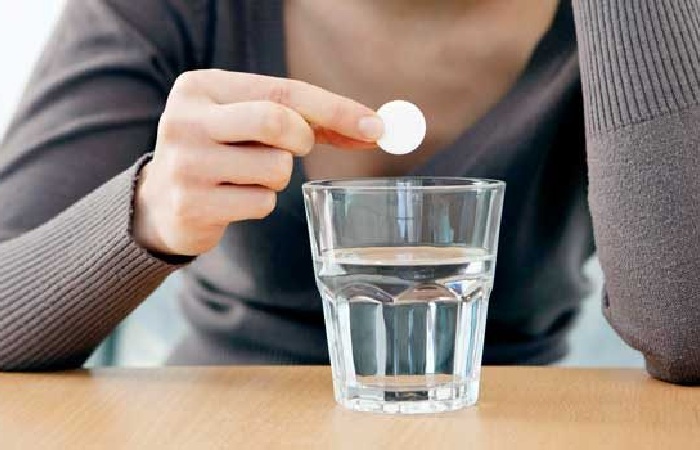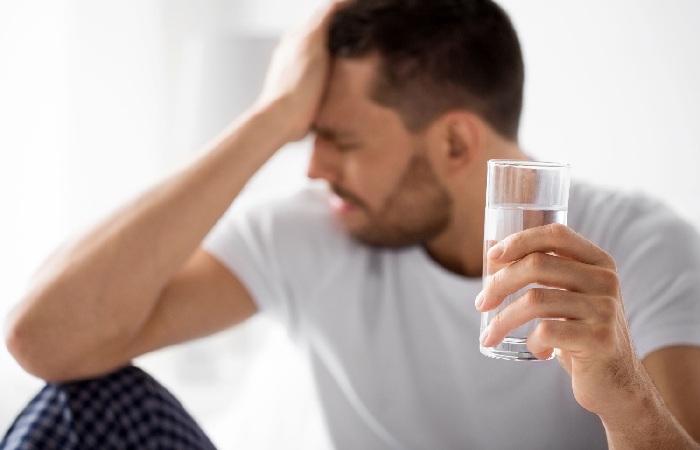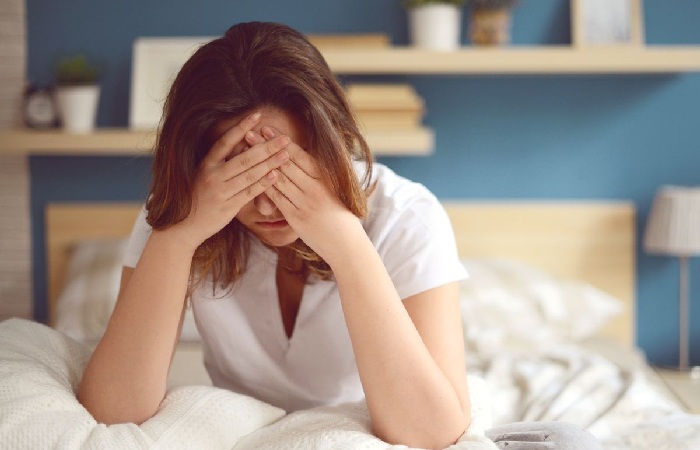Table of Contents
Introduction
Relieve a hangover – Fatigue, nausea, and muscle aches are some symptoms that a hangover can cause in a person. According to a post on the Medicals News Today website. Those in this state experience these discomforts partly because of the after-effects of drinking alcohol. Including dehydration, electrolyte imbalance, alcohol withdrawal, low blood sugar, swollen stomach and intestines, or sleep disturbance.
There is no specific remedy to treat a hangover, although some treatments help relieve several of the symptoms it generates. Here are some of the methods that are normally use and how effective they are in improving discomfort:
Hangover: what happens to the body when you have had too much to drink?
What Medications Help?

There is not much scientific evidence on the effectiveness of medications in terms of hangovers. although there are several that can be useful to mitigate some symptoms.
Anti-Inflammatories
Aspirin and additional anti-inflammatories, such as ibuprofen and naproxen, are operative in relieving aches and pains. These medications can reduce inflammation in the body caused by alcohol, helping decrease headaches and muscle aches.
However, anti-inflammatories should use cautiously when you have a hangover, as the medication can irritate the stomach lining. Chronic use of these medications can cause stomach ulcers. Some doctors advise against taking ibuprofen on an empty stomach for this reason.
Antacids
Antacids can reduce nausea, heartburn, and indigestion caused by drinking these work by neutralizing stomach acid to relieve stomach upset.
This is a good option for persons who tend to feel sickening when they have a hangover.
Acetaminophen
This is a drug that, instead of helping, can aggravate a person’s hangover state. The liver is the body part that breaks down acetaminophen, just like alcohol.
Therefore. The body is more susceptible to the toxic effects of this drug after drinking alcohol, which can
Drink Water

To improve the symptoms of a hangover, it is essential to rehydrate the body. Alcohol is a diuretic. That is, it increases the amount of urine a person passes. Fluid loss can cause dehydration and electrolyte imbalance. These factors contribute to a hangover.
Staying hydrated while drinking alcohol may help prevent or reduce a hangover. You can try having a glass of water between alcoholic drinks and before going to sleep.
Genetics is the reason some people don’t have hangovers after drinking.
Eat Breakfast
Low blood sugar levels cause some hangover symptoms. So eating in the morning helps regulate blood sugar levels and thus partially relieves this discomfort.
When the body breakdowns down alcohol, lactic acid points increase. This causes a drop in blood sugar, which can contribute to a hangover.
A person’s body also requires nutritious foods that include protein, carbohydrates, healthy fats, and vitamins to repair and recover.
There is no current scientific evidence to show whether any foods. Such as fatty or fried breakfasts, are more effective than others. Some believe that carbohydrates are particularly effective at “soaking up” alcohol, but no research confirms this.
Antioxidants
Drinking alcohol causes oxidative stress, causing the body to produce free radicals. Antioxidants can help with this.
Studies have linked oxidative stress to many health conditions, including heart disease and cancer. Antioxidants are compounds that help eliminate these free radicals.
People can benefit from eating foods rich in antioxidants to reduce the negative effect of drinking alcohol. Some of them are:
berries
cherries
grapes
grenades
carrots
spinach
ginger
bitter chocolate
Nuts and seeds
green and black teas
Drink Coffee Or Tea

The fatigue, which accompanies a hangover, can improve by drinking coffee and other caffeinate beverages that act as stimulants. Coffee, black tea, and green tea contain antioxidants that can reduce the adverse effects of alcohol consumption.
However, beverages that contain caffeine are diuretics, which can worsen the dehydrating effects on the body. Caffeine does not alter the alcohol content in the blood. So it does not reduce the health risks associated with drinking alcohol.
How to Prevent a Hangover?

Although it has not scientifically proven that there is a cure for a hangover. There are ways to avoid it, taking into account several factors that can help reduce its severity:
Drink in moderation. A sure way to avoid a hangover is not to drink alcohol. And also, A milder hangover can usually be definite by drinking less alcohol.
Avoid congeners. Some alcoholic beverages cause worse hangovers than others. Drinks high in congeners are more likely to cause a hangover, including whiskey, cognac, and tequila. Vodka, rum, and gin are low-congener beverages.
Sleep properly. Alcohol can affect a person’s sleep quality, so getting more sleep can help lessen a hangover.
Conclusion
Constantly hydrate. Drinking water while drinking alcohol can help mitigate alcohol’s diuretic effects to reduce dehydration. Which can contribute to headaches and other hangover symptoms.
Eat before you drink. Food can decrease the time it takes for alcohol to enter the bloodstream, keeping blood alcohol levels low. This might reduce the effects of a hangover.
Related posts
Featured Posts
Best Gynecologist in Kolkata
What do you mean by a Gynecologist? The studies and treatments of the medical conditions and diseases of women are…
Face Swimsuit – A Breakdown of Swimsuit Styles
Introduction Face Swimsuit – Make your very own face swimsuit in two fabrics and eight sizes. Face-on swimsuit print is…


